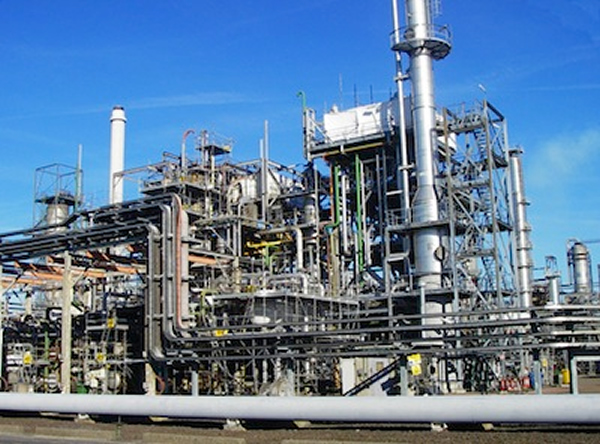Paragraph 1: Anticipation of Direct Fuel Supply from Port Harcourt Refinery
Marketers and retailers of petroleum products in Port Harcourt are poised to begin lifting Premium Motor Spirit (PMS), commonly known as petrol, directly from the Port Harcourt Refining Company (PHRC) this week. This development marks a significant shift from the current system, where retailers procure fuel from the Nigerian National Petroleum Company Limited (NNPC), even though the refinery has been operational since November. This transition is expected to streamline the fuel supply chain and potentially alleviate some of the pricing discrepancies observed between Port Harcourt and Lagos.
Paragraph 2: Concerns over Price Disparity between Port Harcourt and Lagos
Despite the anticipated direct supply from the PHRC, petroleum retailers in Port Harcourt have expressed concerns regarding the price difference between the fuel sold by NNPC in Port Harcourt and Lagos. Currently, NNPC sells PMS to retailers in Port Harcourt at a higher price of N970 per liter compared to N899 per liter in Lagos. Retailers argue that this disparity is unjustified, particularly as the fuel will now be sourced directly from the local refinery, eliminating the logistical costs associated with transporting fuel from other locations. They are advocating for a uniform price across both regions, emphasizing that the direct supply from the refinery should logically result in lower, not higher, prices in Port Harcourt.
Paragraph 3: The Rationale Behind the Price Difference and Retailers’ Plea
The NNPC attributes the higher price in Port Harcourt to logistical factors, citing the transportation costs involved in delivering fuel to the Port Harcourt depot. However, retailers contend that this justification is no longer valid since the PHRC is now supplying fuel directly. They argue that the direct supply eliminates the need for shipping fuel from other locations, thus negating the logistical cost argument. Retailers are urging the NNPC to reconsider its pricing strategy and align the Port Harcourt price with the Lagos price, emphasizing fairness and the potential benefits of local refinery production.
Paragraph 4: Current Status of Fuel Sourcing and the Transition to Direct Supply
As of now, marketers in Port Harcourt have yet to begin lifting fuel directly from the PHRC. The current fuel distribution model involves the NNPC supplying fuel, which is reportedly imported, to its own retail outlets. This week, however, marks the planned commencement of direct fuel supply from the refinery to other marketers. This shift is expected to address the pricing concerns raised by retailers and improve the overall efficiency of fuel distribution in the region. The direct access to locally refined fuel is anticipated to create a more competitive and transparent market.
Paragraph 5: Confirmation of Imported Fuel Stocks in Lagos and PHRC Operations
The Petroleum Products Retail Outlet Owners Association of Nigeria (PETROAN) confirmed that the fuel currently sold in Lagos is sourced through importation. This underscores the significance of the PHRC’s resumption of operations and its potential to reduce Nigeria’s reliance on imported fuel. After multiple delays, the 60,000 barrels per day capacity old Port Harcourt refinery officially resumed operations in November. This development is seen as a positive step towards achieving greater fuel security and price stability in the country.
Paragraph 6: Details on PHRC Production and Future Refinery Plans
The NNPC has clarified that the Port Harcourt refinery currently produces naphtha, which is subsequently blended to produce petrol. This information provides insight into the refinery’s current production capacity and its role in meeting the country’s fuel demands. Furthermore, the NNPC has indicated that the rehabilitation of the new Port Harcourt refinery, with a capacity of 150,000 barrels per day, is nearing completion. This expansion of refining capacity is expected to further enhance Nigeria’s fuel production capabilities and contribute to greater self-sufficiency in the petroleum sector. The successful operation of both refineries is crucial for stabilizing fuel prices, reducing import dependence, and promoting economic growth in Nigeria.


